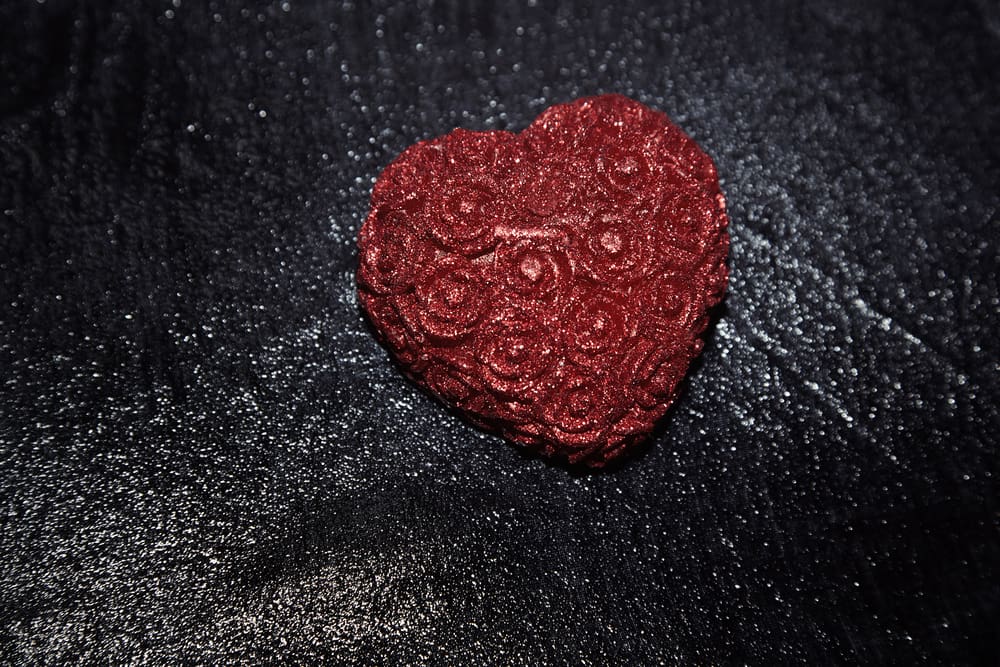
Bravery.
I don’t often think about this characteristic in myself or in others and yet it is one of those that seems to either drive one’s entire life or is left out altogether. What does it even mean to be brave? I am sure the dictionary has a clever definition of this substantive word, but I often like to ask myself what does the word mean to me — or to turn and ask what it means to you?
For me, bravery means you are “out on the edge of the branch” with yourself. You recognize what is safe and what is risky and, if it really means a lot to yourself, you take the chance and risk into something that is out of one’s comfort zone — that takes bravery. That takes leading life “out there” not know what will happen, but also knowing you have your own back to catch yourself if you fall rather than fly.
Is that how you would define bravery? I would be curious to hear your definition.
How do you know when you are being brave? Well, when you are scared to speak a truth or have a conversation at all — that is brave. If you are doing something for the first time that is uncomfortable and unfamiliar — that is brave. If you are risking a part of yourself to love, to create, to enjoy, and to do just about anything else — that is brave. Breaking a pattern or a way of being — that is brave.
Sometimes it is important to remind one’s self all the ways you’ve been brave in your life to date. My guess is you are already braver than you think. Make sure to take the long inventory of your life to think through how bravery has played into your life in so many of the decisions you have made. For me, I have a laundry list — heading to India on an intuitive notion and giving up my whole world to reconcile my bi-racial identity, meeting a man and moving countries to find out what we may be to one another and ending up marrying him 18 years ago, creating a start-up business out of pure passion and riding her to the end and letting go when it was long past time, facing myself both the good and bad parts and extending compassion to both.
I am thinking you have your own unique bravery list, but I also want to shine the spotlight on people who don’t care to be brave. For some, this is not how they want to lead life. Instead they value safety, familiarity, patterns and rhythms that are abiding through the ages personally and across time. This may take the shape of someone who accepts things at status quo, lives the life that was laid before them as a child and walked on through, and does not break out or away from the known throughout life. I don’t necessarily think these people are not brave, I just don’t think they prize this as a desirable characteristic.
Yet, even then, to live is brave. Even if we are to go forward with no abrupt changes or departures, we will grow up, grow old, lose loved ones, make decisions related to our careers, perhaps meet and marry and maybe raise a family. Even in the mundane, bravery is brimming over the cup. To be human, to live is to be brave. It does not have to be any extraordinary journey that we need embrace to claim it for ourselves.
To live is to be brave.If you were to define bravery, how would you frame it for yourself? From there, what has been your bravest moment in this life?
Cheers to you and your bravery.

